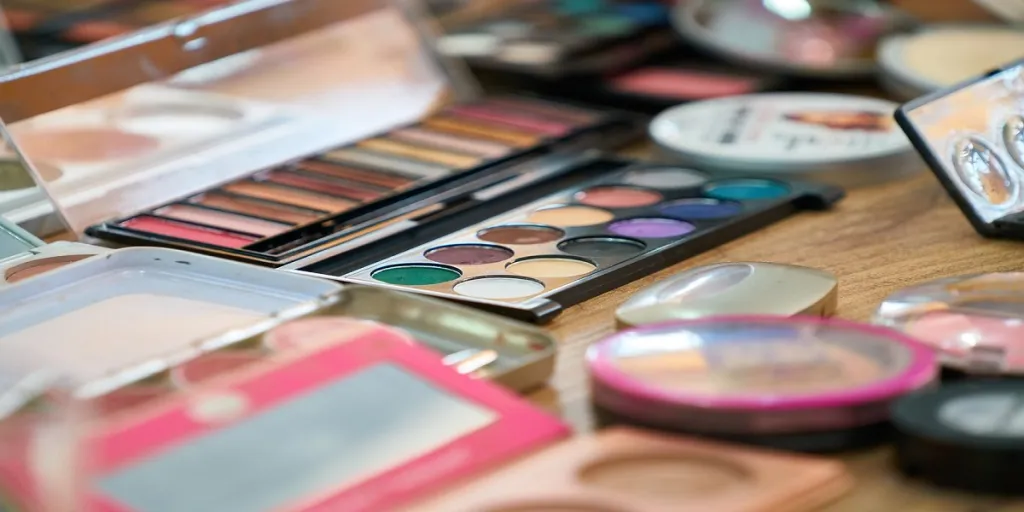As the beauty industry navigates through a period of dynamic change, it’s Generation Z that’s steering the direction toward 2025. This demographic, known for its distinctive values and tech-savviness, is not just influencing beauty product innovation but also redefining what beauty means to consumers. Their preferences for sustainability, digital integration, and personalized experiences are setting new benchmarks for brands. This article delves into the key trends driven by Gen Z that are poised to redefine the beauty landscape by 2025, offering essential insights for retailers looking to align with these emerging preferences.
Table of Contents
1. Understanding Gen Z: Beyond the surface
2. Sustainability: The non-negotiable trend
3. Digital and technological integration in beauty
4. The rise of personalized beauty solutions
5. Wellness and beauty: A holistic approach
6. The impact of social media on beauty standards
1. Understanding Gen Z: Beyond the surface
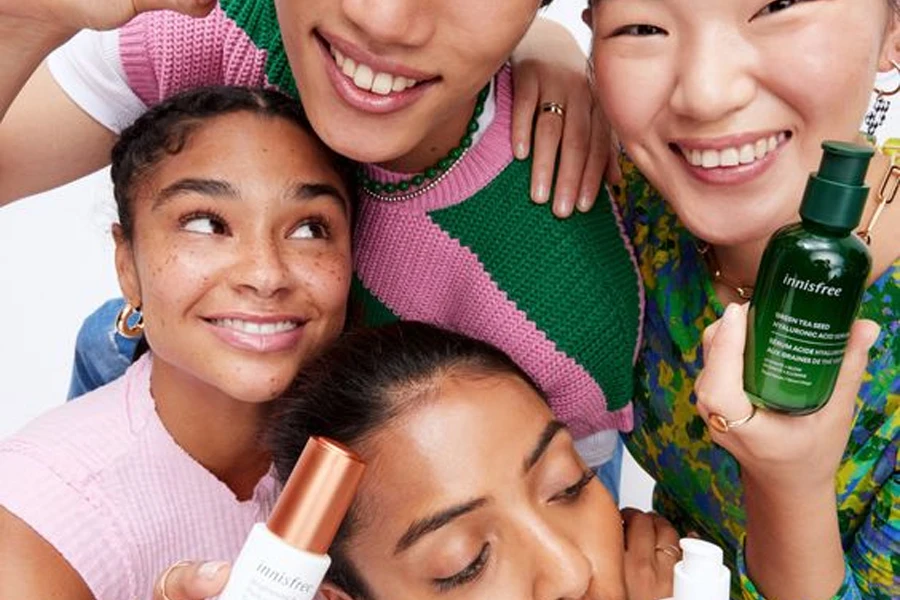
Generation Z, born between the mid-1990s and early 2010s, is coming of age in a world that’s more connected, socially aware, and technologically advanced than ever before. Their upbringing in this unique environment has cultivated a set of core values centered around authenticity, social responsibility, and inclusivity. Unlike their predecessors, Gen Z consumers are keenly aware of the global impact of their purchasing decisions, demanding transparency and ethical practices from beauty brands. This shift is prompting a reevaluation of what it means to be a beauty brand in the 21st century, with a focus on values that resonate with this influential consumer segment.
2. Sustainability: The non-negotiable trend
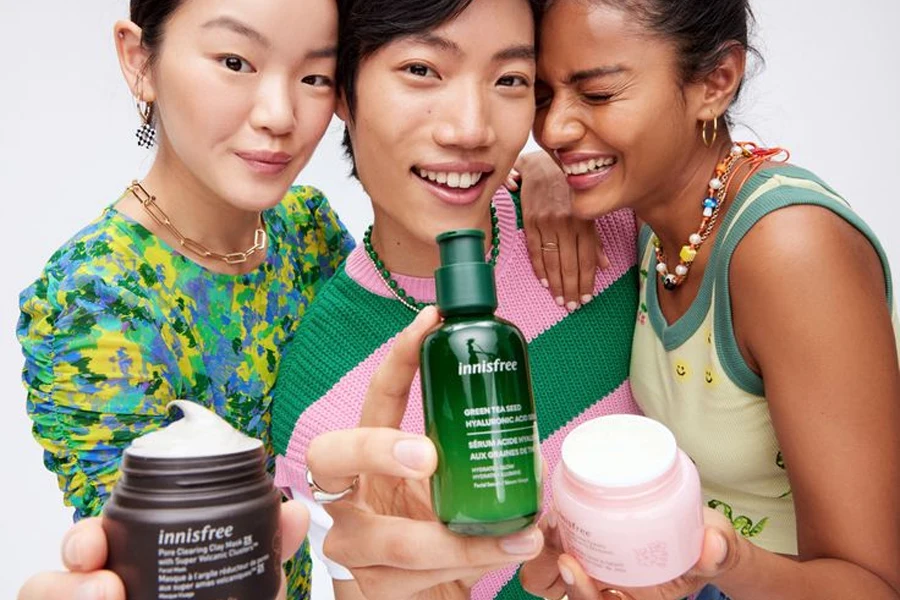
Sustainability has emerged as a non-negotiable demand among Gen Z consumers, who prioritize eco-friendly and ethically sourced products. This demographic is leading the charge in advocating for sustainable practices within the beauty industry, from reduced packaging waste to cruelty-free and vegan product lines. Beauty brands are responding by integrating sustainable practices into their operations, product development, and marketing strategies. The shift towards sustainability is not just a trend but a fundamental change in how beauty products are created, marketed, and consumed, reflecting Gen Z’s deep-seated concerns for environmental conservation and ethical consumption.
3. Digital and technological integration in beauty
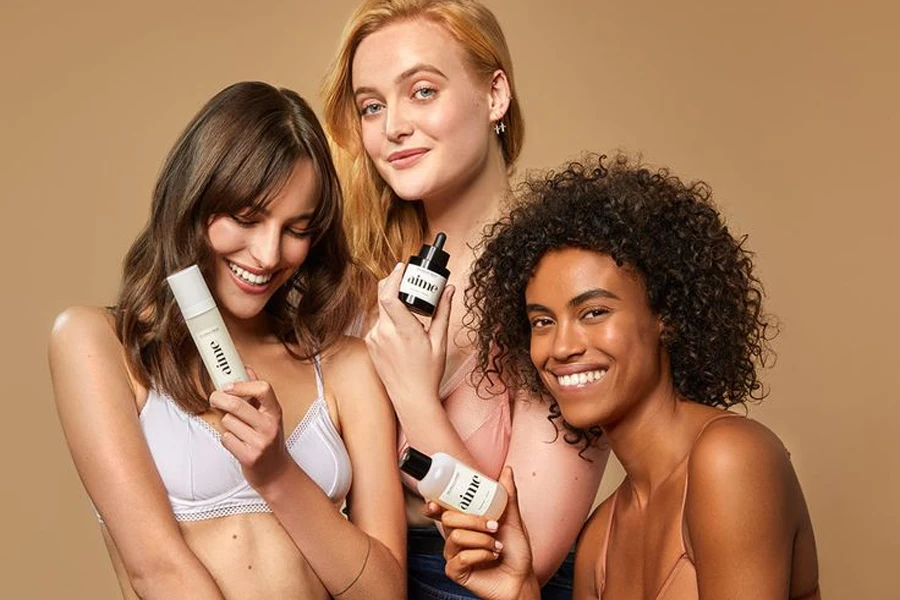
The digital realm is second nature to Gen Z, with technology playing a pivotal role in how they discover, evaluate, and purchase beauty products. This tech-savvy generation expects seamless online shopping experiences, personalized interactions, and innovative digital tools like augmented reality (AR) try-ons and AI-driven skincare consultations. Beauty brands are leveraging these technologies to create engaging and immersive experiences that cater to Gen Z’s digital preferences. The integration of technology in beauty is transforming the consumer journey, making it more personalized, accessible, and interactive.
4. The rise of personalized beauty solutions
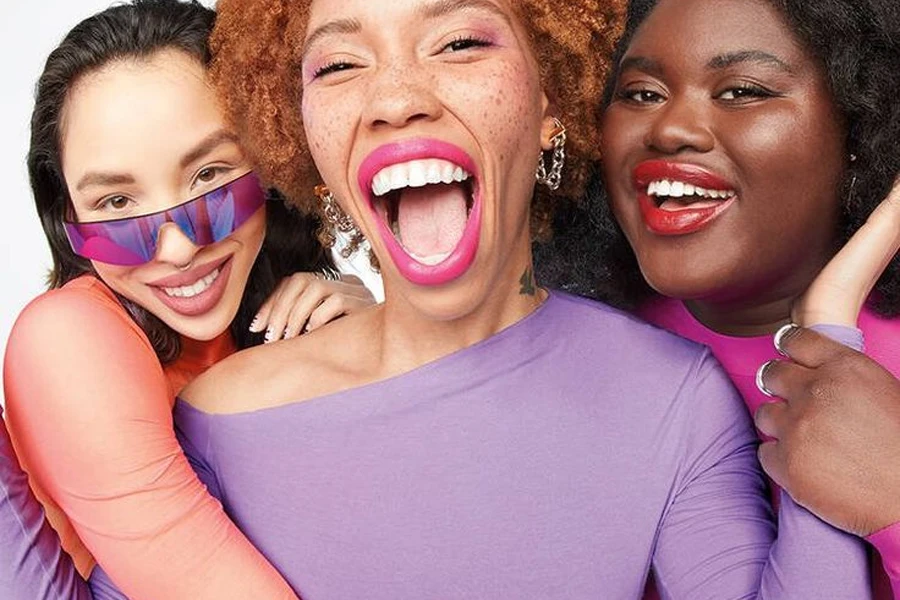
In a world where one-size-fits-all is no longer the norm, personalized beauty solutions are becoming increasingly popular among Gen Z consumers. This generation values individuality and seeks products that cater specifically to their unique needs and preferences. Advances in technology have made it possible for brands to offer customized skincare routines, makeup shades, and even fragrances, using online quizzes, AI, and machine learning to analyze individual customer data. These personalized offerings not only enhance the consumer experience but also foster a deeper connection between brands and their customers, leading to increased loyalty and satisfaction.
5. Wellness and beauty: A holistic approach
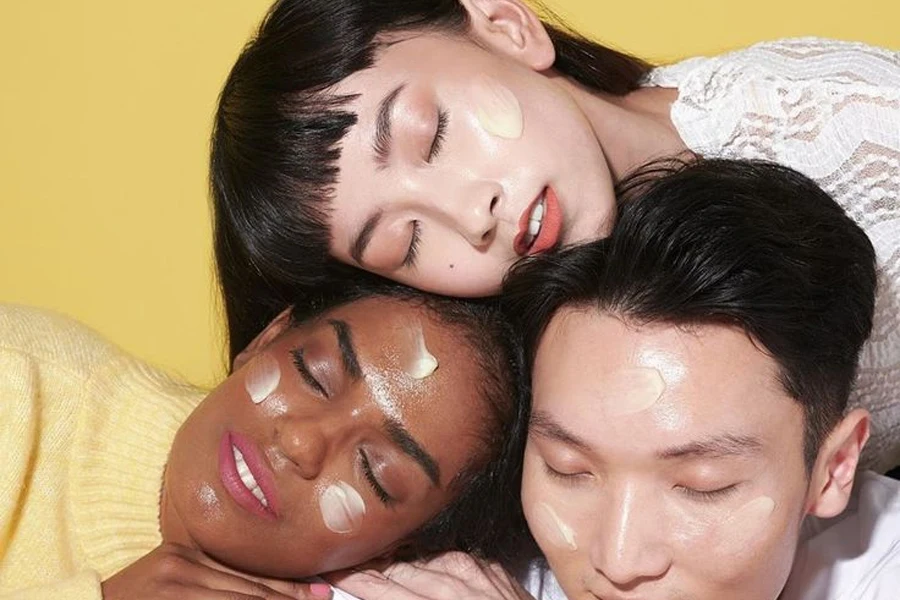
For Generation Z, beauty is not just skin deep; it encompasses a holistic approach that includes mental, physical, and emotional well-being. This generation’s preference for wellness-centric beauty products—those infused with natural ingredients, offering stress relief, or promoting a healthy lifestyle—is reshaping the market. Brands that align their products with wellness principles, such as incorporating CBD for its calming effects or antioxidants for skin health, are gaining traction. This trend highlights a shift towards products that not only enhance external appearance but also contribute to overall well-being, reflecting Gen Z’s broader perspective on health and beauty.
6. The impact of social media on beauty standards
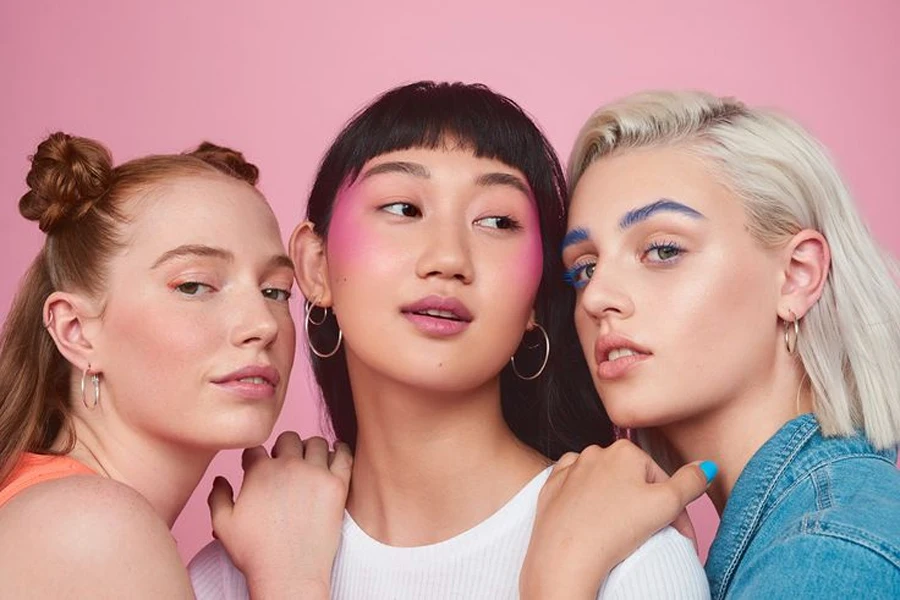
Social media platforms are a dominant influence in Gen Z’s life, significantly impacting their perceptions of beauty standards. Platforms like Instagram and TikTok have become arenas where beauty trends are born and evolve. Gen Z uses these platforms not only for inspiration but also as a space for expressing individuality and challenging traditional beauty norms. Brands are taking note, of utilizing social media to engage with this demographic, showcase diverse beauty standards, and launch viral marketing campaigns. However, the rapid pace at which trends emerge and fade on social media requires brands to be agile and responsive to stay relevant in the ever-changing beauty landscape.
Conclusion
As we look towards 2025, it’s clear that Generation Z’s preferences and values are playing a critical role in shaping the beauty industry’s future. From the demand for personalized and wellness-centric beauty solutions to the influence of social media on beauty standards, brands must adapt to meet the evolving needs of this influential demographic. Embracing sustainability, leveraging digital innovations, and promoting inclusivity and diversity will be key for brands aiming to succeed in the coming years. As Gen Z continues to redefine beauty, the industry must listen and evolve to stay ahead in a competitive and rapidly changing market.





